Wealthy Arab world needs to invest in Gaza rebuild, help stop indoctrination of youth
Gulf states are as vulnerable to Gaza fallout as the West and must help stabilise the Middle East.
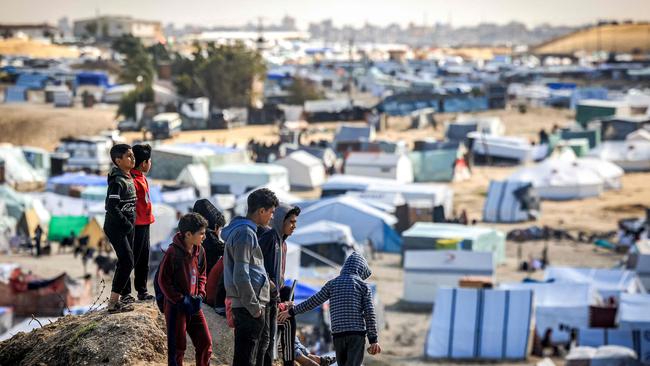
These are frazzled times. Farmers gumming up European roads, striking transport workers, ugly election campaigns, climate clamour and multiple wars, of course, straddling the globe. In London, shrill Palestinian sympathisers swollen with righteous fury are turning from mass rallies to guerrilla protests against companies deemed too close to Israel. Victoria’s Secret, Pizza Hut, Burger King: all apparently legitimate targets of disruption.
This public disorder blinds us to something deeper: a spreading sense of grievance in the Muslim world that could yet congeal into a threatening new militancy. The bombardment of Gaza is the catalyst but there are discontents on every continent. Uighur Muslims continue to be harshly persecuted in China, though they no longer capture western attention. The miserable lot of the Rohingya Muslims, driven at gunpoint out of Myanmar, has turned into a barely tolerable existence in the broken-down refugee camps of neighbouring Bangladesh. And then, in an already fraught election year, India’s prime minister, Narendra Modi, is turning his campaign for an extended mandate into a Hindu victory march over the Muslim minority. He has just consecrated a huge Hindu temple on the ruins of a 16th-century mosque.
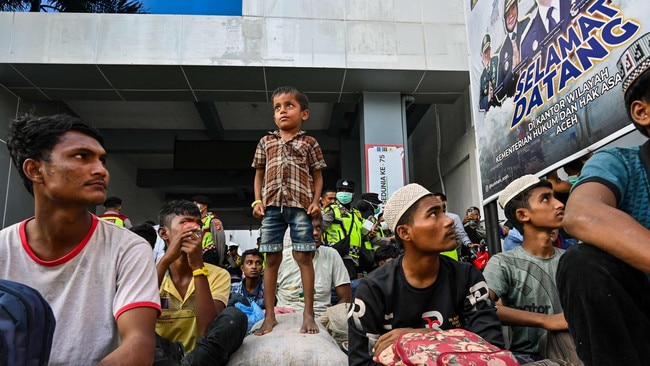
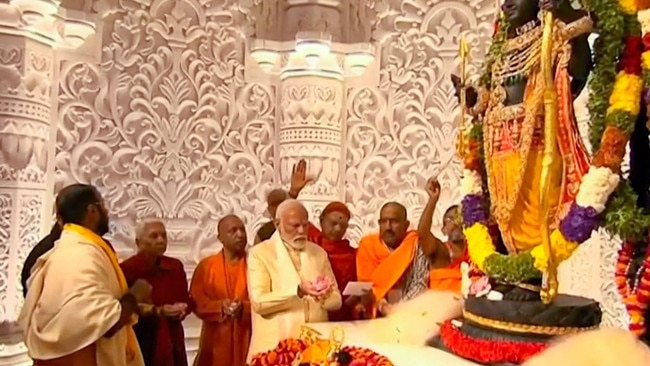
There is a rational case for more vigilance towards Islam and it doesn’t involve stoking the embers of Samuel Huntington’s Clash of Civilisations debate. You don’t have to identify Islam as the enemy of the West, nor is any attempt to understand its sensitivities craven appeasement. But it is never right to ignore the roots of anger. The Uighurs of Xinjiang province were sent to forced labour camps, 16,000 mosques were bulldozed, women forced to abort their babies and sterilise themselves. Hundreds of thousands of children were separated from parents and sent for brainwashing. Islamic first names were banned. By some accounts it was the largest destruction of an ethnic and religious minority since World War II. The process began in 2014 as part of Xi Jinping’s People’s War against “the Three Evil Forces” of separatism, terrorism and extremism. It dropped from view in the early 2020s, partly because China claimed a clinching argument.
The United Arab Emirates, Egypt and Saudi Arabia all deported Uighurs; some imposed DNA tests. Here was Mohammed bin Salman: “We respect and support China’s right to take counterextremism and de-extremism measures.” The Saudi crown prince, in other words, did not see a need to speak up for persecuted Muslims. This allowed China to brush off criticism as no more than a United States-led propaganda tool and carry on as before while avoiding the spotlight. The same out-of-sight, out-of-mind argument goes for the Rohingyas. Refugee camps have become long-stay parking places.
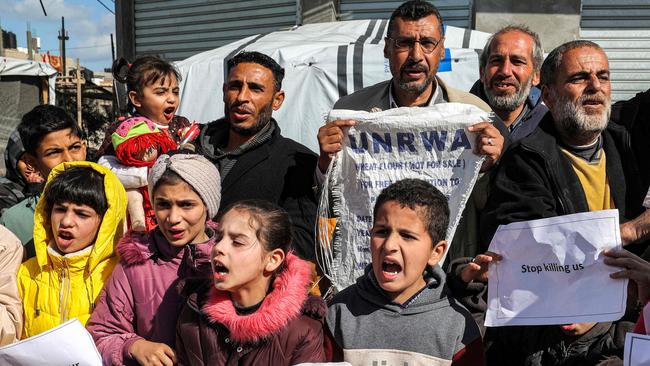
Yet for every buried grievance there is a consequence. The so-called Hamas Trap – an attempt to turn Israeli military superiority over Hamas into a source of Israeli vulnerability – turned out to be quite a sophisticated piece of scriptwriting.
It is a four-act play. First, commit an atrocity against Israel so indelible that any government would have to avenge it or lose face. Second, the anticipated Israeli response full of sound and fury. Third, a global mobilisation on behalf of wronged Muslim civilians. We are somewhere between the second and third acts and the fourth is yet to be staged. That will be the concentration of Palestinian refugees in camps, the radicalisation of their children. A lost generation then becomes the core of a future generation of terror. Hamas gets to live for ever – and Israel will never get the security it craves.
The real danger of terrorism, Hamas understands, is not so much in what it inflicts as what it provokes. That is why the Gulf states in particular have to abandon their hands-off approach to Gaza and think beyond the peacenik sloganeering of Ceasefire Now.
There are dozens of Palestinian camps scattered across the region – 450,000 refugees in Lebanon, two million in Jordan, half a million in Syria, 360,000 in Kuwait. Stored up there is a latent anger against their hosts, who restrict their rights and who often seem to be fearful of what role radicalised Palestinian enclaves could play in wobbly states. None of these states are fans of Hamas.
The overwhelming logic, then, is that wealthier Arab states invest in rebuilding Gaza and stabilising the relationship with Israel; that has to be in their self-interest. How will Crown Prince Mohammed come even close to his dream of new digital cities in the desert if the region is still living with a mischief-making Iran backing terror groups who claim to speak for the deprived underclasses of the Arab states? That is an unstable state of affairs and enough to frighten off the investors Mohammed is trying to woo.
But if the well-off Arab world is to change the battlefield from the street to the mind, it should above all stop the indoctrination of the youth in Gaza and the West Bank.
With schools named after suicide bombers and six-year-olds taught to sing that Israel “will disappear as the fog over the sea”, the next generation is being locked into a pattern of violent disruption.
Enlightened Arab writers such as the Emirati diplomat and scholar Omar Saif Ghobash realise their children are being steered away from free-thinking by religious teachers.
“Every young Muslim should demand his or her right to discover the world for himself or herself using the tools of self-knowledge and self-mastery,” he wrote in a remarkable book addressed to his son. That’s what the region needs more than IEDs: straight talking.
The Times

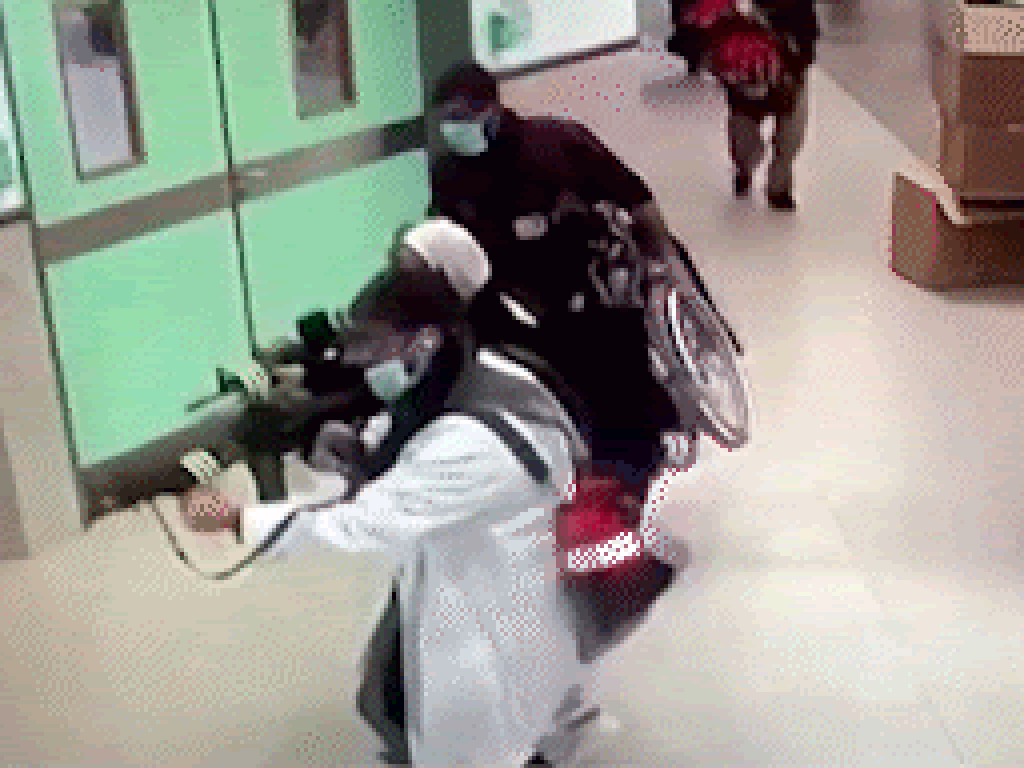

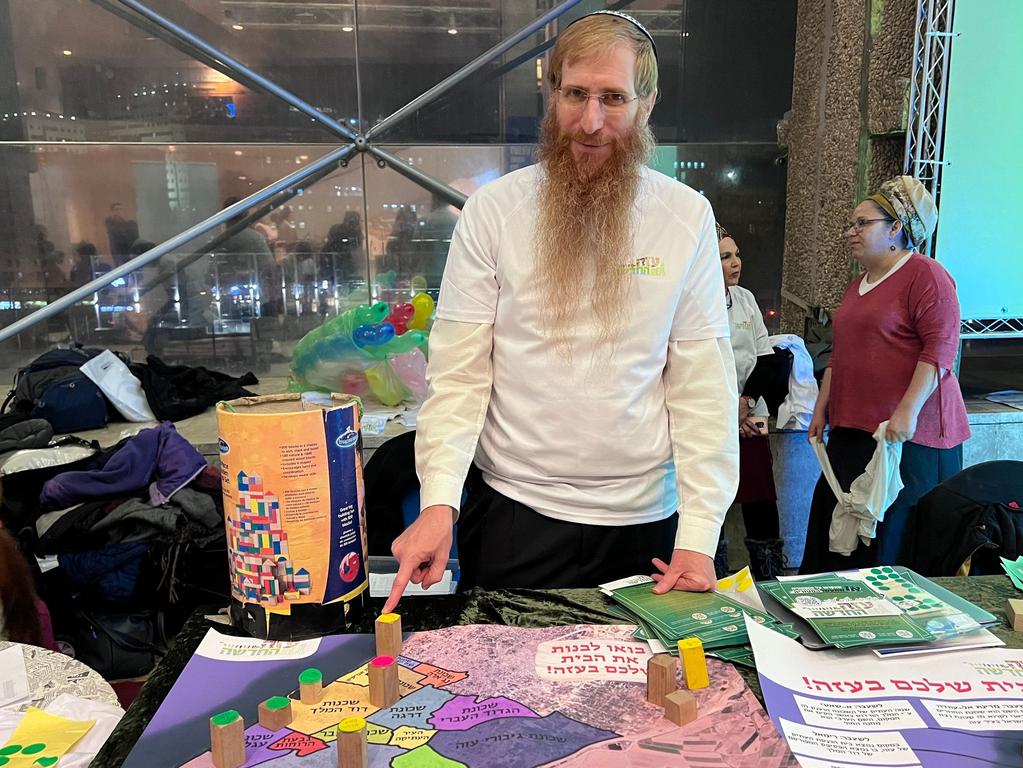

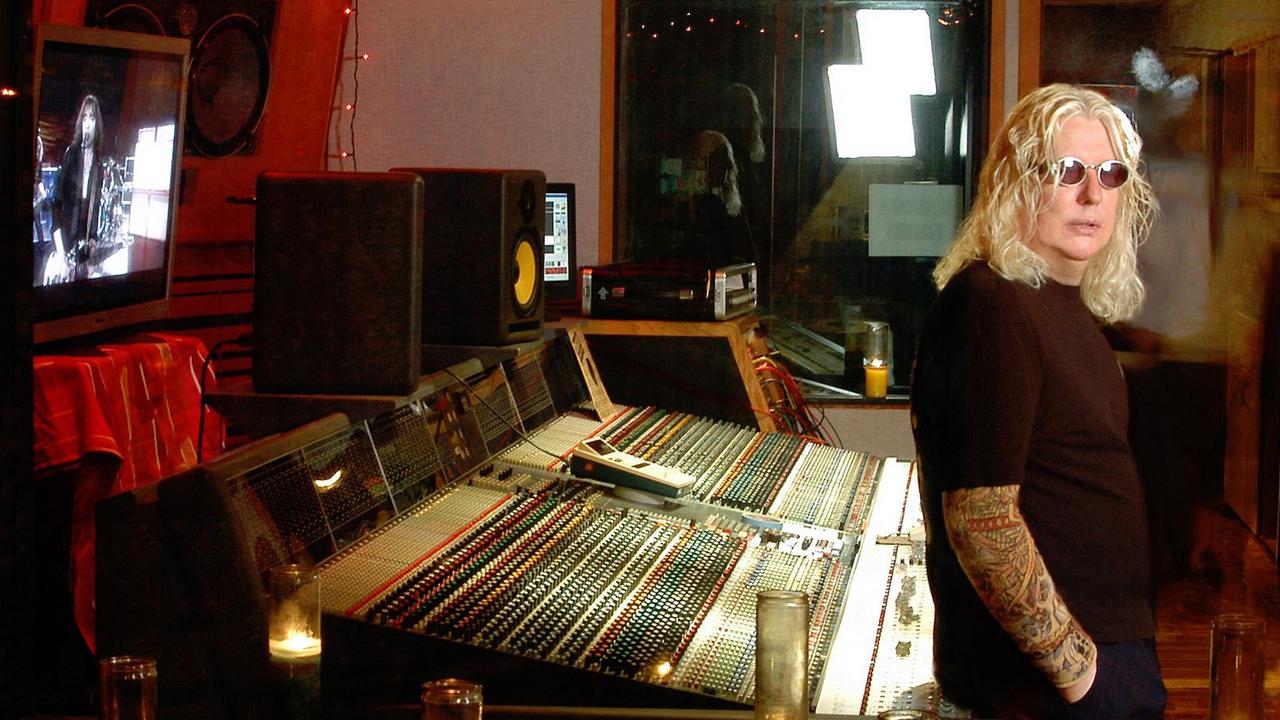

To join the conversation, please log in. Don't have an account? Register
Join the conversation, you are commenting as Logout